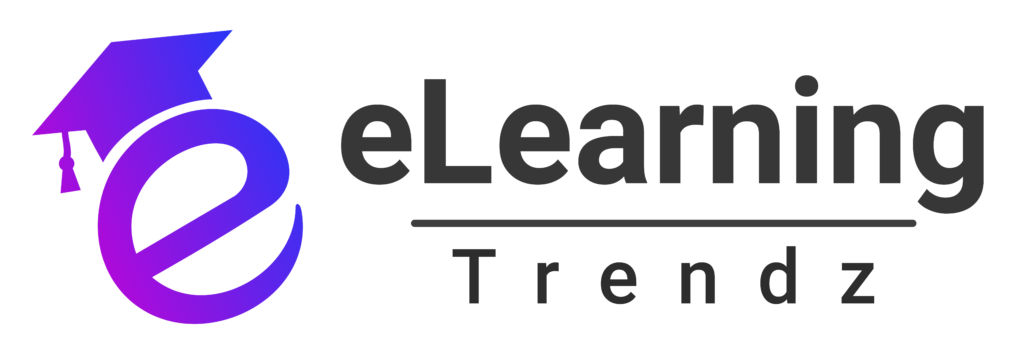Upgrading your Learning Management System (LMS) is a strategic decision that can significantly impact your organization’s training efficiency, employee engagement, and overall operational success. But how do you know when it’s time to make that upgrade? Here are some key indicators and considerations that signal it’s time to upgrade your LMS.
Outdated Technology and User Experience
- Clunky Interface & Poor Mobile Compatibility:
If your current LMS feels outdated or difficult to navigate, it might be time for an upgrade. In today’s digital era, employees expect a seamless, intuitive user experience—one that works across devices, including smartphones and tablets. A study by eLearning Industry found that modern, mobile-optimized LMS platforms can boost learner engagement by up to 60%. If your LMS is lagging behind these standards, it may be hindering productivity and learner satisfaction. - Slow Performance:
Older systems often suffer from slow load times and frequent downtime. This not only frustrates users but also disrupts the flow of learning. An upgrade can introduce faster, more reliable technology that keeps pace with your business needs.
Limited Integration Capabilities
- Incompatibility with Modern Tools:
Your LMS should seamlessly integrate with other business systems like HR software, CRM platforms, and third-party content providers. If your current system creates data silos or requires manual data transfers, this inefficiency can lead to errors and wasted resources. An upgraded LMS will streamline processes, ensuring a smooth flow of information across your organization. - Lack of API Support:
A modern LMS should offer robust API support, allowing for flexible integration with evolving technologies. When your LMS cannot adapt to new business tools, it’s time to consider an upgrade that supports a connected digital ecosystem.
Inadequate Reporting and Analytics
- Limited Data Insights:
One of the biggest benefits of an LMS is its ability to provide real-time analytics on learner performance. If your current system lacks detailed reporting features—such as tracking course completion rates, assessment scores, or engagement metrics—it’s missing a critical component of data-driven decision making. Research by Statista shows that companies using advanced LMS analytics see an average improvement of 30% in training outcomes. Upgrading can unlock these insights, enabling you to fine-tune training strategies effectively. - Manual Data Collection:
When you find yourself or your team manually compiling data for performance reviews, it’s a clear sign that your LMS is not meeting modern standards. An automated, data-rich LMS can save time and reduce errors, making your training programs more effective and efficient.
Scalability Issues
- Growing Employee Base:
As your organization expands, so do your training requirements. If your current LMS struggles to support a growing user base or an increasing library of courses, it can bottleneck your training efforts. An upgraded, scalable LMS is designed to grow with your business, ensuring that you can onboard new hires and continuously upskill your workforce without missing a beat. - Limited Course Customization:
The modern workplace demands personalized learning paths tailored to individual roles and career objectives. If your LMS lacks the flexibility to create customized training modules, it may not be keeping pace with your evolving business needs. An upgrade can provide enhanced customization options, improving the relevance and effectiveness of your training programs.
High Maintenance Costs and Frequent Technical Issues
- Rising Support and Maintenance Costs:
Older LMS platforms often come with escalating maintenance costs, frequent technical glitches, and the need for constant IT intervention. If your IT team is spending more time troubleshooting than innovating, it’s a sign that your LMS is costing you more than it’s worth. Upgrading to a modern, cloud-based system can reduce these overheads while providing a more stable and secure learning environment. - Increased Downtime:
Frequent system crashes and downtime not only disrupt learning but also negatively impact overall productivity. A reliable, upgraded LMS will offer improved uptime and technical support, ensuring that your training programs run smoothly around the clock.
Changing Learning Needs and Trends
- Shift in Training Approaches:
The landscape of corporate training is evolving rapidly. Trends like microlearning, gamification, and immersive learning experiences (such as virtual reality) are reshaping how employees learn. If your LMS does not support these modern training techniques, you risk falling behind your competitors. Upgrading your LMS ensures that you can offer innovative, engaging training experiences that align with current industry trends. - Feedback from Learners:
Sometimes, the best indicator is direct feedback from your team. If employees are consistently voicing concerns about outdated content, poor usability, or lack of engagement, it’s time to listen. An upgraded LMS can reinvigorate your training programs, boosting morale and productivity.
Ready to Upgrade?
When you see these signs, it’s time to take action. Upgrading your LMS isn’t just about new technology—it’s a strategic investment in your organization’s future. A modern LMS can enhance employee engagement, streamline operations, and ultimately drive better business outcomes.
Don’t let an outdated LMS hold your business back. Embrace the future of employee training with our advanced LMS solutions. Contact us today for a personalized demo and discover how our platform can transform your training programs, boost performance, and keep your organization ahead of the curve!










